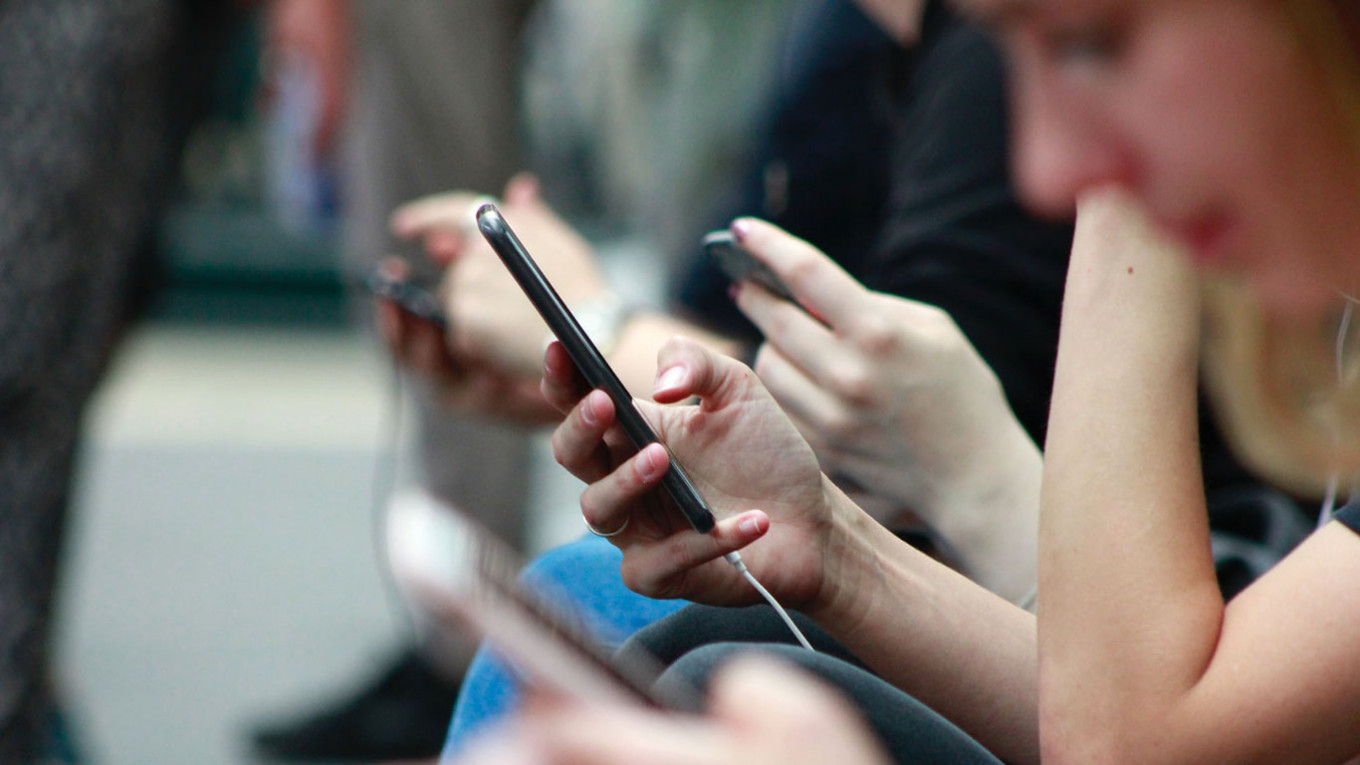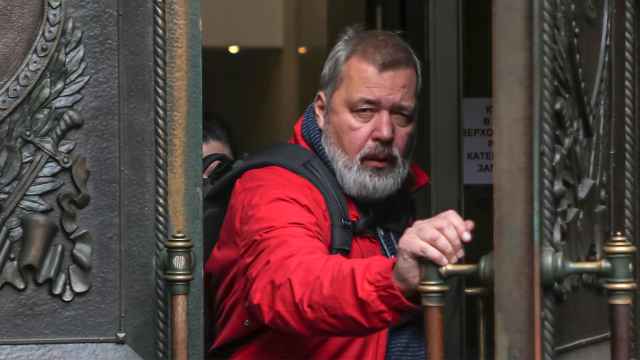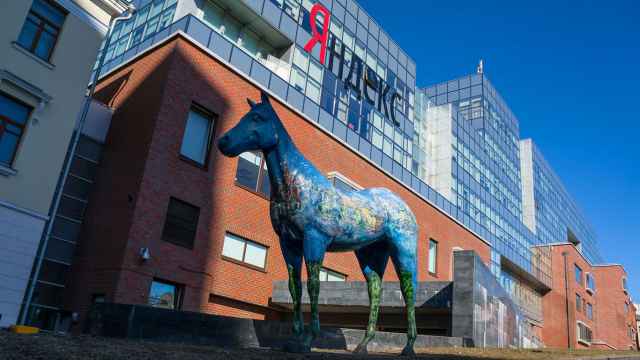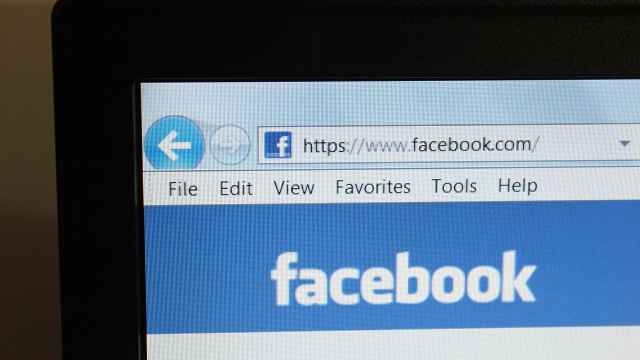Russian officials highlighted the need to develop the country’s own “sovereign” social media platforms after a massive outage at Facebook’s vast family of apps affected billions of users worldwide late Monday.
Facebook and its Instagram and WhatsApp platforms essentially "disappeared" from the internet for several hours after a traffic routing problem left the sites unreachable for several hours Monday evening. Facebook blamed the outage on configuration changes it made to routers that coordinate network traffic between its data centers.
Russian Foreign Ministry spokeswoman Maria Zakharova said the widespread outages “answer the question about whether we need our own social media and internet platforms.”
Zakharova issued the remark on Telegram, an encrypted messaging app developed by Russian-born tech entrepreneur Pavel Durov that attracted some 50 million new users while Facebook and its sister apps were offline Monday.
Dmitry Marinichev, President Vladimir Putin’s internet ombudsman, told state media that Facebook’s outage showed the need for Russia to increase its competitive advantage in the digital world.
“Countries need to monitor the competition in the field of information and prevent such a simple monopolization of the information space,” Marinichev told the TASS news agency.
The Russian government has in recent years moved to isolate the Russian online space with laws and technology aimed at creating a so-called “sovereign internet,” and measures that require devices to be sold pre-installed with Russian-made software.
Experts have for years expressed doubt in Russia’s ability to implement the technology needed to completely isolate itself from the rest of the internet, though reports earlier this year showed Russia had succeeded in physically disconnecting from the rest of the internet during an annual test.
Putin himself has railed against social media giants for “replacing legitimate democratic institutions” and “controlling society.”
AFP contributed reporting.
A Message from The Moscow Times:
Dear readers,
We are facing unprecedented challenges. Russia's Prosecutor General's Office has designated The Moscow Times as an "undesirable" organization, criminalizing our work and putting our staff at risk of prosecution. This follows our earlier unjust labeling as a "foreign agent."
These actions are direct attempts to silence independent journalism in Russia. The authorities claim our work "discredits the decisions of the Russian leadership." We see things differently: we strive to provide accurate, unbiased reporting on Russia.
We, the journalists of The Moscow Times, refuse to be silenced. But to continue our work, we need your help.
Your support, no matter how small, makes a world of difference. If you can, please support us monthly starting from just $2. It's quick to set up, and every contribution makes a significant impact.
By supporting The Moscow Times, you're defending open, independent journalism in the face of repression. Thank you for standing with us.
Remind me later.






